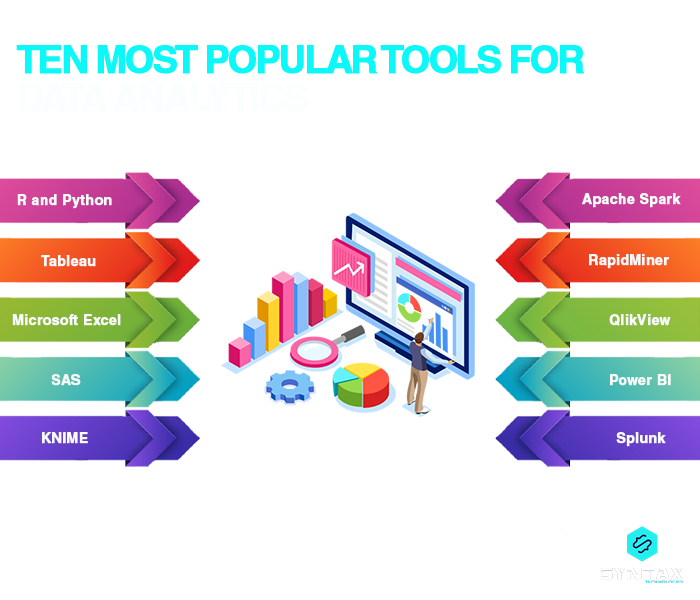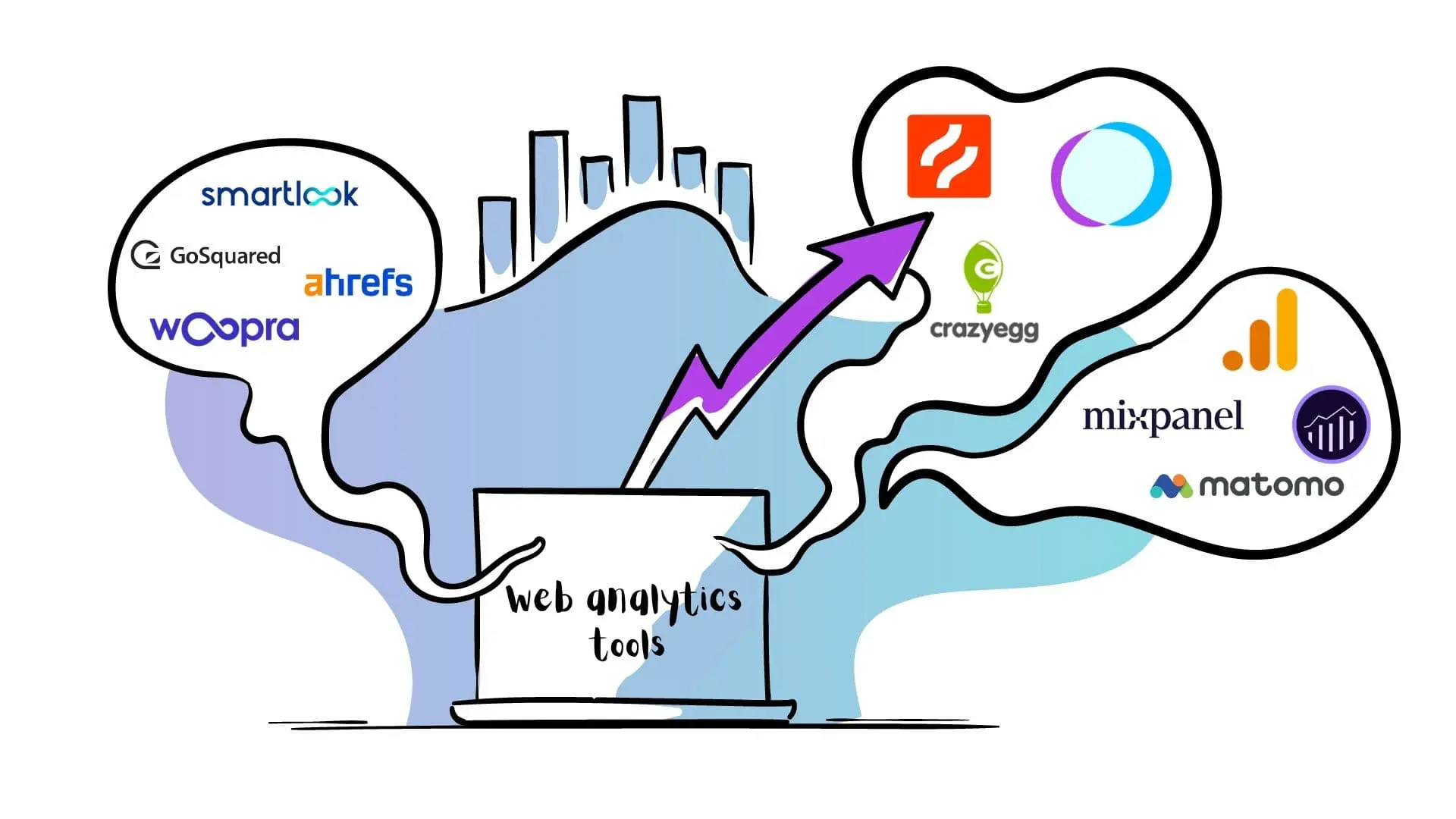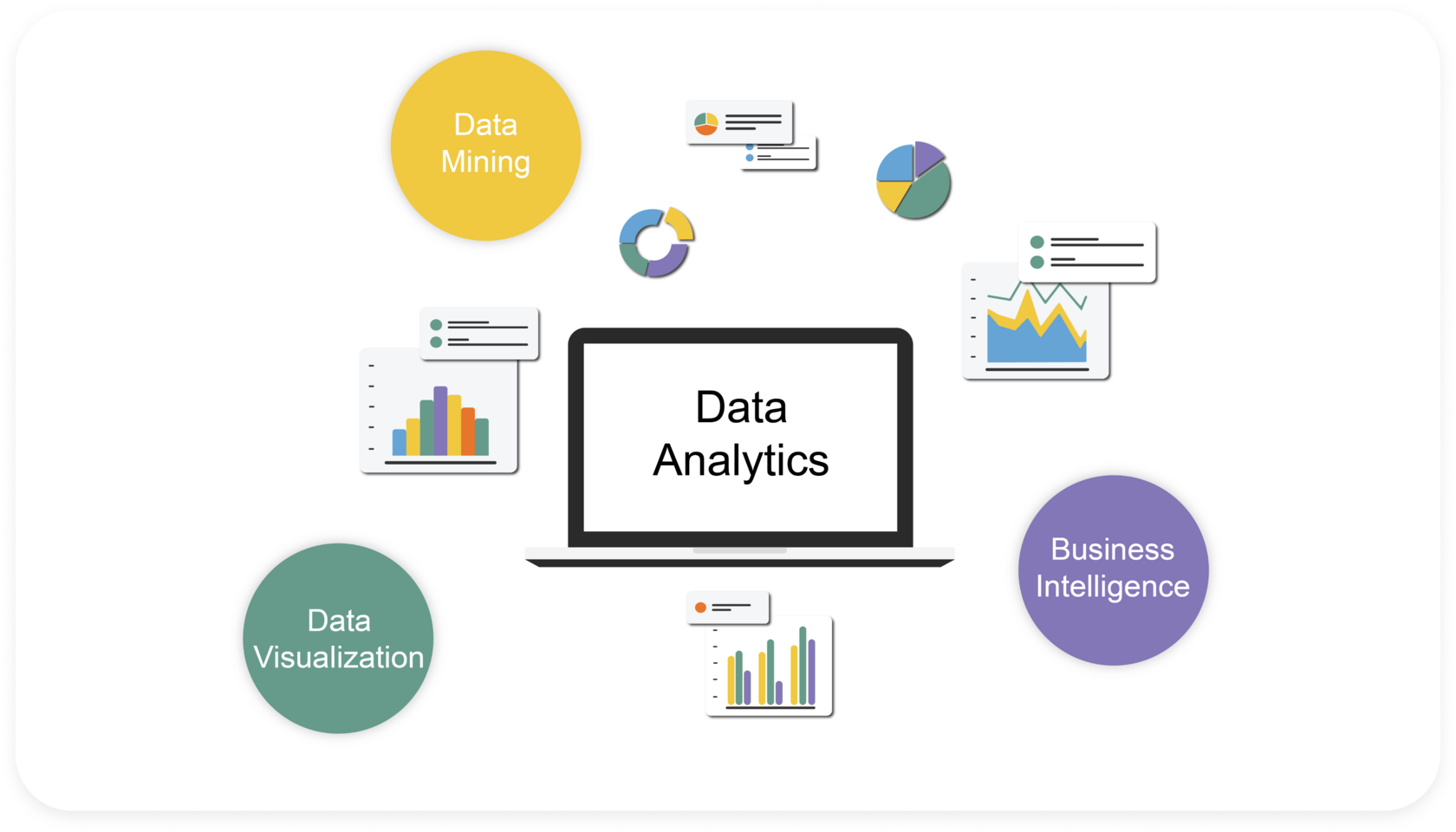Just How to Improve Efficiency with Comprehensive Analytics
Just How to Improve Efficiency with Comprehensive Analytics
Blog Article
Maximize Development: How Analytics Drive Better Techniques
By taking advantage of data understandings, organizations can refine their functional methods, anticipate market changes, and boost client engagement. The challenge lies not just in accumulating data yet in efficiently translating it to drive substantial outcomes.
Comprehending Data Analytics
Data analytics is an organized computational evaluation of information that allows organizations to reveal meaningful patterns and understandings. This procedure includes a variety of methods, consisting of analytical analysis, anticipating modeling, and information mining, which collectively intend to transform raw data into actionable details - Analytics. By employing these approaches, organizations can make enlightened choices that are rooted in empirical proof as opposed to instinct alone
The foundation of information analytics exists in its capability to manage substantial amounts of info from varied sources. This includes organized data, such as data sources, and unstructured data, consisting of social networks interactions and consumer responses. Via using specialized software and tools, experts can extract and refine this data efficiently, identifying trends and relationships that might not be promptly apparent.
Recognizing information analytics additionally entails recognizing the value of information top quality and stability. Exact and dependable data is essential for significant analysis; therefore, companies have to execute robust information governance techniques. Additionally, the iterative nature of analytics allows for continuous refinement and renovation of methods, making certain that organizations continue to be dexterous despite changing market characteristics and customer behavior.
Secret Advantages of Analytics

One of the essential advantages of analytics is its ability to supply actionable insights. Organizations can promptly assess substantial quantities of data, discovering patterns that might not be right away noticeable.
Another considerable advantage is enhanced customer understanding. Analytics tools enable organizations to segment their audience, track consumer actions, and customize marketing initiatives. This targeted method not only enhances client involvement however additionally drives higher conversion rates.

Implementing Analytics Techniques
To totally understand the benefits of analytics, companies should adopt organized techniques for application. This begins with plainly specifying objectives that line up with wider business objectives. By establishing specific, quantifiable end results, organizations can concentrate their analytics efforts on locations that produce the highest possible return on investment.
Next, companies need to prioritize data administration to ensure the integrity and security of the data being assessed. This entails setting up procedures for information collection, storage space, and access while sticking to relevant policies. Guaranteeing high-grade information is important for generating purposeful understandings.
In addition, promoting a society of data-driven decision-making is crucial. This calls for training employees to interpret analytics searchings for and encouraging cooperation across divisions. They are more most likely to incorporate insights into their day-to-day procedures. when teams recognize the worth of analytics.
Last but not least, organizations must routinely evaluate and improve their analytics strategies. The landscape of data and innovation is constantly advancing, and staying versatile will permit organizations to utilize brand-new tools and methodologies efficiently. By implementing these organized techniques, companies can make best use of the impact of their analytics efforts and drive sustainable growth.
Devices for Efficient Evaluation
Reliable evaluation relies upon a variety of devices that assist in the removal of insights from data - Analytics. These devices can vary from simple spread sheet applications to advanced equipment learning platforms, each offering an one-of-a-kind objective in the logical process
Information visualization software program, such as Tableau and Power BI, plays an important function in changing complicated datasets right into easy to understand graphical representations. These tools allow experts to determine patterns and patterns quickly, enabling more informed decision-making.
Analytical evaluation software program, like R and SAS, supplies innovative capabilities for performing comprehensive evaluations, including regression, hypothesis screening, and predictive modeling - Analytics. These features empower companies to draw meaningful conclusions from their data, identifying possible chances and risks
Additionally, data source management systems such as SQL and NoSQL data sources provide the required framework for saving and querying large quantities of information effectively. They ensure that information is organized and available for evaluation.
Lastly, service knowledge platforms integrate numerous data resources, giving a comprehensive sight of organizational efficiency. By making use of these devices successfully, companies can boost their analytical capabilities, enabling them to develop strategies that make the most of growth and improve total performance.
Instance Research Studies of Success
Successful companies usually take advantage of data analytics to drive impactful strategies, as shown by numerous significant instance studies. By using my response these insights, Netflix has successfully customized its content suggestions, resulting in increased customer engagement and subscriber retention.

Furthermore, Starbucks uses information analytics to identify ideal shop places and improve its product offerings. By taking a look at client demographics and buying patterns, Starbucks successfully recognizes high-potential markets and tailors its food selection to regional preferences, driving sales and consumer commitment.
These case studies illustrate that go now reliable usage of data analytics can result in tactical advantages, cultivating advancement and growth within organizations across different markets.
Conclusion
Finally, the combination of analytics into organizational strategies substantially enhances decision-making processes and fosters sustainable development. By leveraging data-driven insights, businesses can determine trends, expect market changes, and maximize procedures. The reliable execution of analytics tools even more sustains dexterity and advancement, allowing companies to browse affordable landscapes with greater accuracy. Inevitably, a dedication to analytics not only drives prompt efficiency enhancements yet likewise protects lasting success in an ever-evolving market.
Data analytics is an organized computational analysis of information that makes it possible for visit site organizations to uncover purposeful patterns and understandings.Understanding data analytics likewise includes identifying the value of data quality and stability. Reliable and precise data is crucial for meaningful evaluation; thus, organizations must execute robust data administration practices.Next, companies need to prioritize data governance to make certain the stability and safety of the information being assessed.Effective companies usually take advantage of information analytics to drive impactful approaches, as confirmed by several noteworthy case researches.
Report this page